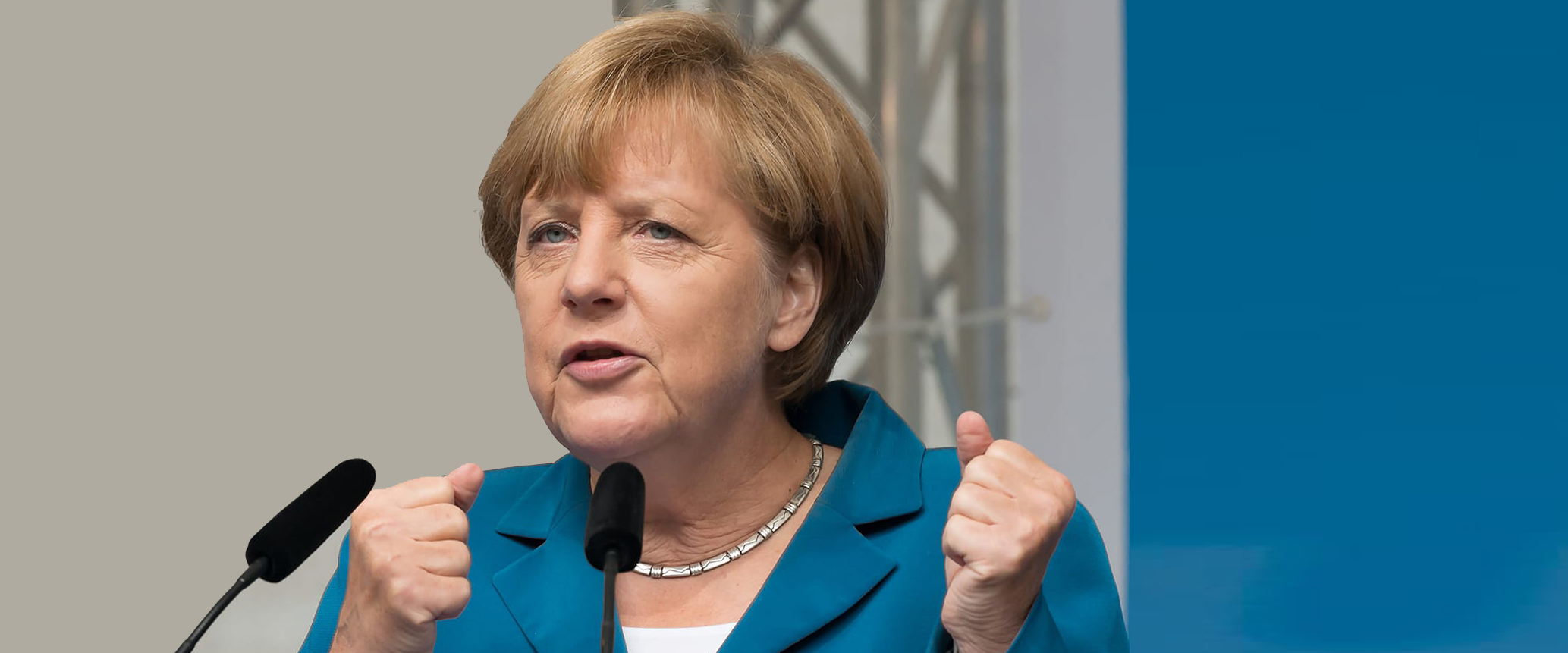Is Angela Merkel part of ORU Fogar?

Carles Llorens
Secretary General of ORU Fogar
We receive frequent news from the German chancellor,as she is a first-rate political figure, who leads the political and economic engine of Europe. Not knowing German means, however, that many of us - myself included - do not know the details of her message. A little by chance, however, the translation of a speech delivered by the Chancellor in Hamburg on 15 May during the "German Savings Bank Day" fell into my hands. And my surprise was great when I came across some approaches, which could well be those of a member of the ORU Fogar Bureau.
Just after the greetings, Merkel's speech demands the leaders of the savings banks not to forget the rural areas, in a position similar to ours since Habitat III, when we emphasized this issue. The chancellor says she understands that a lot of attention, and many credits, are devoted to the issue of housing in the conurbations, but that they should not forget the areas where population density is lower. He states that "people living in the countryside feel abandoned" and argues that this has to be overcome if we want "a situation in which equality of living conditions prevails". If this is the case in Germany, what would be the scale of the problem in less developed countries?
A large part of the Hamburg speech focuses on environmental issues and the fight against climate change. Reference is made to the pressure of youth movements, the need for policies to reduce carbon emissions, the willingness to bet unreservedly on renewable energies and how economic sectors should be counted on to make the energy transition. “In many fields," says Merkel, "Germany is at the forefront. But in the next few years we will certainly have to deal more intensively with all these issues. In view of the seriousness of the climate issue, many leaders, unlike Trump, have incorporated similar approaches into their discourse. In Merkel's case, however, the attention paid to the issue and the conviction with which the commitments are expressed is surprising.
The position closest to ORU Fogar comes, however, when the Chancellor defends that, in order to face the climate and technological challenge, Germany has the advantage of its federal system, with great power of its regions and municipalities. The digital revolution, the revolution of efficiency, electromobility, she argues, cannot be the exclusive task of the federal government, but everything related to innovation must be assumed by the mayors and presidents of the land regions.
And she reiterates the argument: "We are often criticised for having a complicated and very varied system in Germany: a federal system, an autonomous administration of the municipalities and the individual federal states. We constantly have to face and overcome many setbacks. But the whole gives our country special stability. This stability is also proven in crisis situations. That is why I believe we should be in favour of this complexity and variety.
No comments are needed. It would be a good thing, however, if many central government presidents and prime ministers were infected with Merkel's ideas. The lives of many regional presidents and governors would be easier.








































































